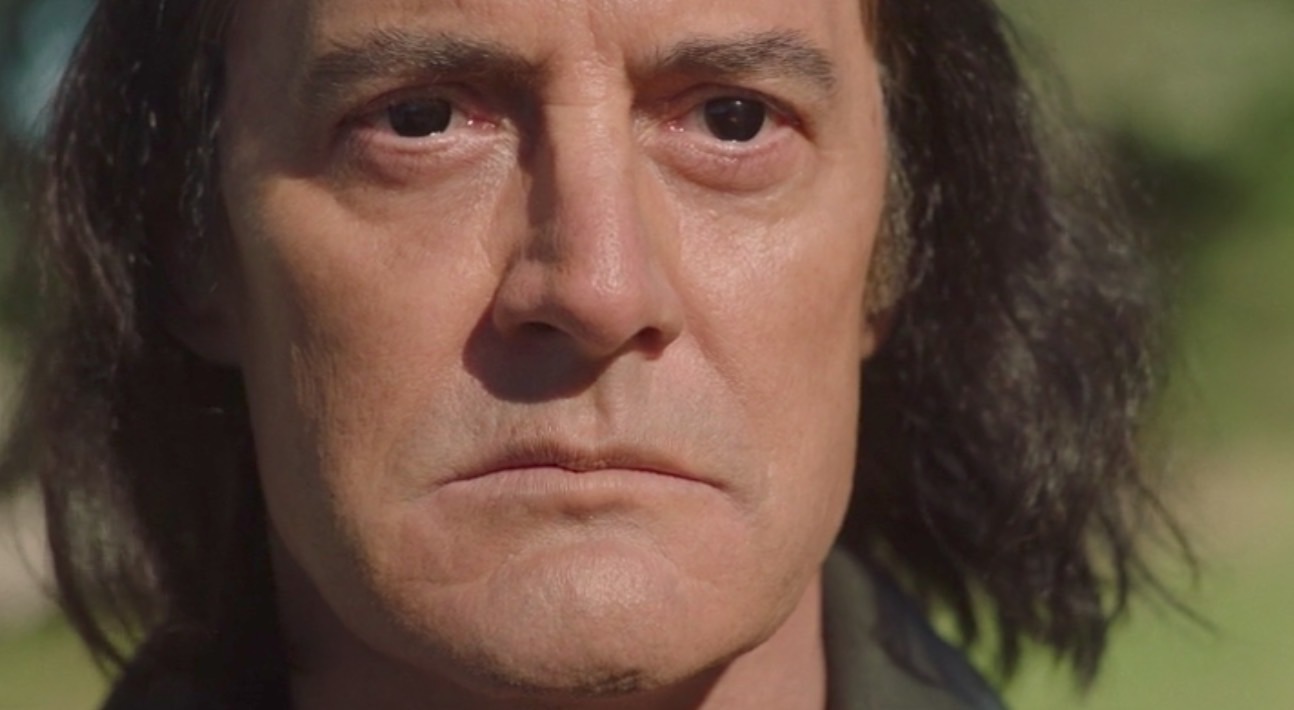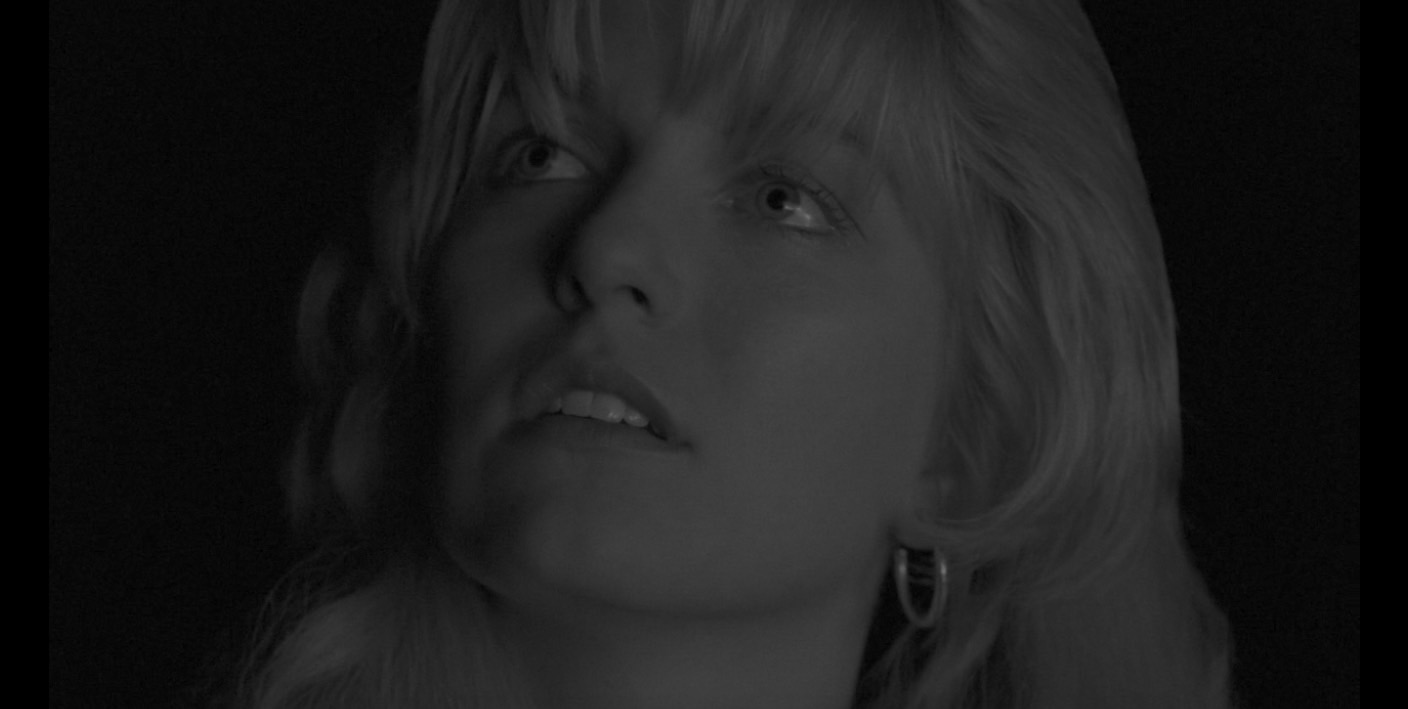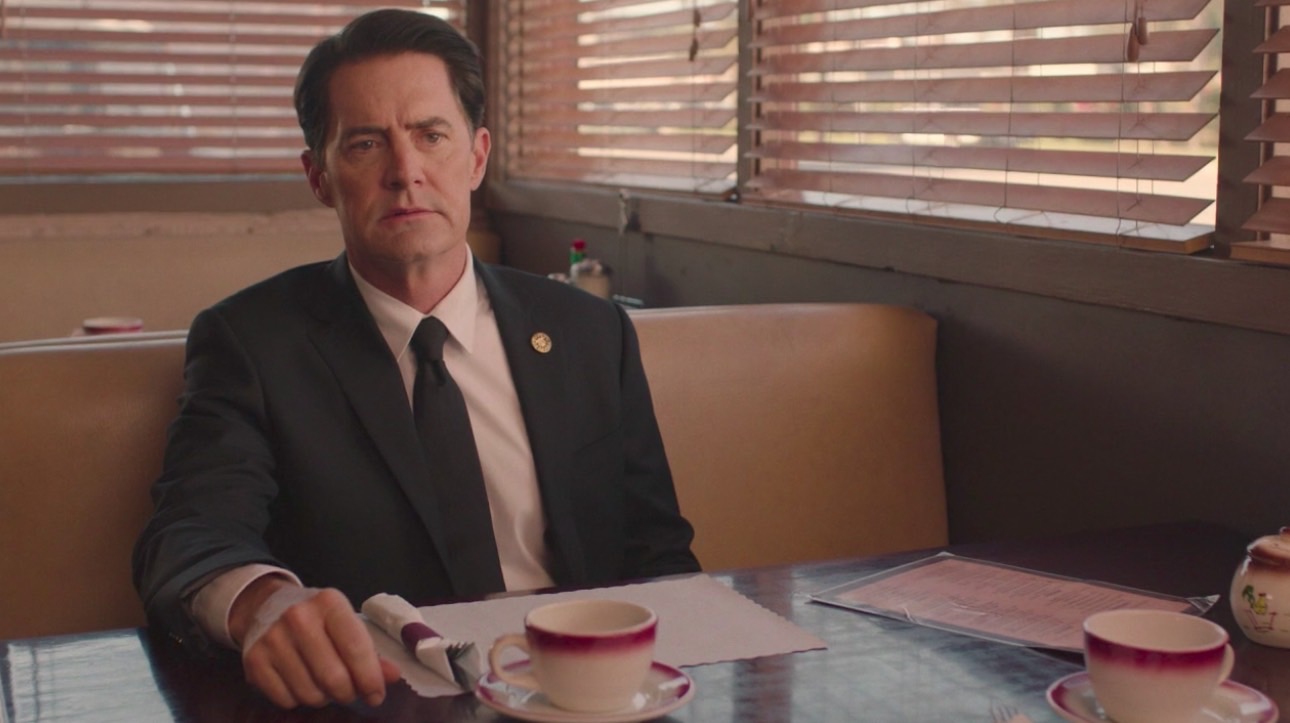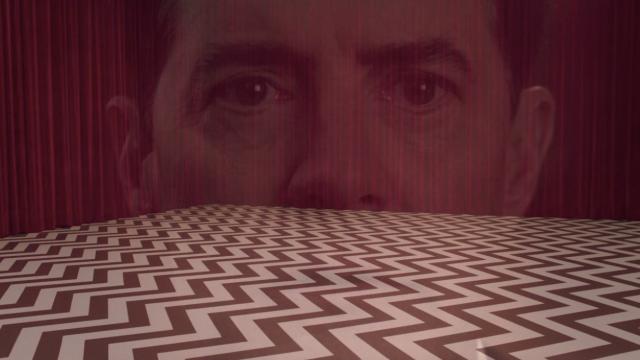When Twin Peaks aired its original finale in June 1991, its cliffhanger frustrated fans, who were left wondering “How’s Annie?” for decades. Yesterday, Twin Peaks: The Return delivered its own open-ended final chapter — but this time around, it felt completely true to what David Lynch has been plotting all along.
All images: Showtime

Last week, viewers were treated to the incredibly cathartic sight of Agent Dale Cooper finally waking up after spending almost the entire season as dopey Las Vegas insurance man Dougie Jones. Though his storyline brought some of The Return‘s most delightfully weird moments — Dougie’s insane slot machine winning streak; his preppy wife, Janey-E Jones, dressing down a pair of sleazy loan sharks; the mobbed-up Mitchum brothers showing us the exquisite value of a cherry pie — Dougie was an incredibly vexing character, which he would have been even if we didn’t know that our beloved Agent Cooper was trapped inside of him. But after zapping himself into a coma and waking up fully refreshed, Coop was back, and en route to Twin Peaks.
This week’s two-part finale seemed to be setting up an epic showdown between Agent Cooper and his evil doppelganger, “Mr C”. But it didn’t go down like that. Instead, the case of the two Coopers wrapped up within the first 30 minutes of the two-hour finale.

And yes, it was all kinds of bizarre — the Woodsmen appeared to do their resurrection act right in Sheriff Truman’s office; the kid with the magical green fist punched the evil Bob-balloon into oblivion; and the monkey-grunting woman with no eyes morphed into Diane, the real Diane, made up as a human homage to the Black Lodge with a red wig and black-and-white nail polish. Mr C was sent back to the spirit realm as Cooper’s friends, old and new, looked on in disbelief. Anyone else would have ended the show there, with maybe a coda of everyone going to the diner for a damn good cup of coffee.
However, David Lynch doesn’t play that way, thank goodness. As soon as the evil Cooper vanishes, we get yet another version of Cooper, superimposed over the action as a giant face in close-up. “We live inside a dream,” he reminds us, calling back to Gordon Cole’s Monica Bellucci dream in episode 14 (“We are like the dreamer who dreams, and then lives inside the dream… but who is the dreamer?”) The original Twin Peaks could get mighty strange, but it seemed to have its footing in reality most of the time. The Return‘s jumping-off point is far more intensely surreal — a dream can be a nightmare, after all. The Return can’t end when the bad Cooper is vanquished, because the good Cooper has a more important task to complete, and it’s the one he’s been pursuing since the show began: Saving Laura Palmer. Laura as we know her may be dead, but as the finale demonstrates, on Twin Peaks, time is as fluid as reality.

Cooper is apparently able to prevent her death back in 1989, and Twin Peaks: The Return seems poised to tie up its main plot with something resembling an actual resolution. But there’s still an hour to go after Cooper time travels. And there’s still some business to attend to — namely a long-awaited close encounter with the mysterious Judy (not a person after all, as Gordon Cole explains, but an “extreme negative force”… and also the name of a diner) and from there, a waitress who looks exactly like Laura Palmer plus 25 years. But she isn’t really Laura. Or is she?
Obviously, a lot goes unexplained. We’ll never know what’s really going on with Audrey, but Lynch left enough clues to let us draw our own conclusions. We’ll never know how wayward FBI agent Phillip Jeffries became a talking tea kettle, but that one’s probably best left unexplained. Sarah Palmer’s apparent demonic possession? That storyline brought us the best “piss off” response to a dive-bar creeper ever, which made it all worth it. There’s a lot to wade through here — from huge, metaphysical statements about good and evil, to smaller moments, like the distinct pleasure of seeing Hollywood legend Harry Dean Stanton casually strumming a cowboy tune.

With the show now over, the Twin Peaks fandom will have plenty of time to sort through (and obsess over) all of the ideas that percolated throughout the season. The series may end by asking “What year is this?” (which somehow feels even scarier than “How’s Annie?”) but “Who is the dreamer?” seems like the question that will linger the longest, even if “David Lynch” — who has delivered the masterwork of his career here — seems like the most obvious first answer.
